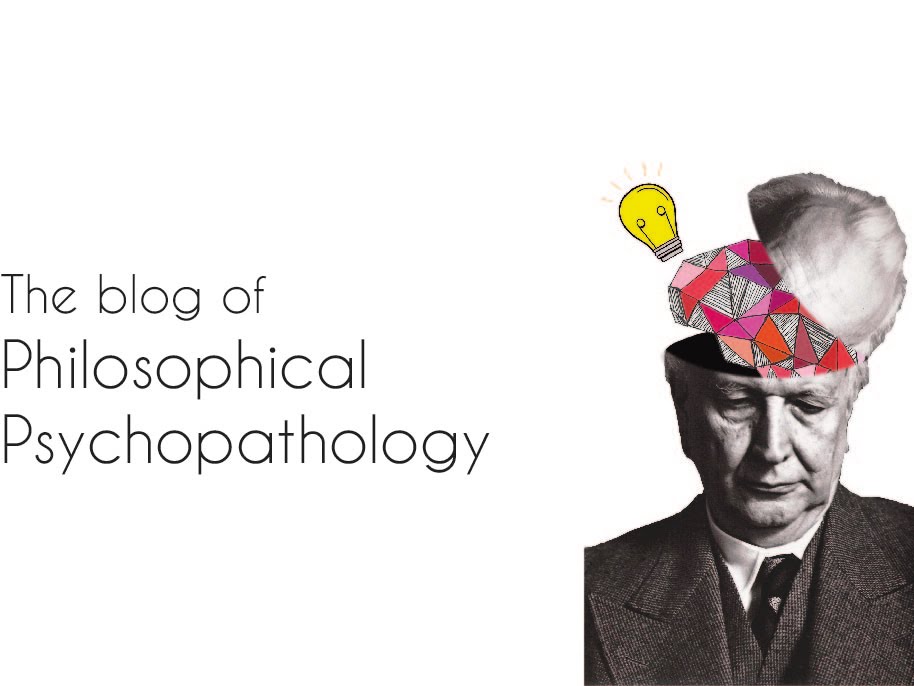This is the abstract of a new paper on the Philosophy of Psychopharmacology. It is an example of the aid of epistemological reflections for the psychiatric practice and research.
Free download clicking here
Abstract
The renewal of the
philosophical debate in psychiatry is one exciting news of recent years.
However, its use in psychopharmacology may be problematic, ranging from
self-confinement into the realm of values (which leaves the evidence-based
domain unchallenged) to complete rejection of scientific evidence. In this
paper philosophy is conceived as a conceptual audit of clinical psychopharmacology.
Its function is to criticise the epistemological and methodological problems of
current neopositivist, ingenuously realist and evidence-servant psychiatry from
within the scientific stance and with the aim of aiding psychopharmacologists
in practicing a more self-aware, critical and possibly useful clinical
practice. Three examples are discussed to suggest that psychopharmacological
practice needs conceptual clarification. At the diagnostic level it is shown
that the crisis of the current diagnostic system and the problem of comorbidity
strongly influence psychopharmacological results, new conceptualizations more
respondent to the psychopharmacological requirements being needed.
Heterogeneity of research samples, lack of specificity of psychotropic drugs,
difficult generalizability of results, need of a phenomenological study of
drug-induced psychopathological changes are discussed herein. At the
methodological level the merits and limits of evidence-based practice are
considered, arguing that clinicians should know the best available evidence but
that guidelines should not be constrictive (due to several methodological
biases and rhetorical tricks of which the clinician should be aware, sometimes
respondent to extra-scientific, economical requests). At the epistemological
level it is shown that the clinical stance is shaped by implicit philosophical
beliefs about the mind/body problem (reductionism, dualism, interactionism,
pragmatism), and that philosophy can aid physicians to be more aware of their beliefs
in order to choose the most useful view and to practice coherently. In
conclusion, psychopharmacologists already use methodological audit (e.g.
statistical audit); similarly, conceptual clarification is needed in both
research planning/evaluation and everyday psychopharmacological practice.
Subscribe to:
Posts (Atom)
Liam Keating - Associative and oppositional thinking
Is there a real difference between the brain hemispheres? Liam Keating discusses this important subject in "Associative and opposi...
-
On February 16, 2012 the Roman Circle of Psychopathology was honoured to meet Prof. German E. Berrios (Cambridge University) who lectured on...
-
As part of the 14th International Conference for Philosophy and Psychiatry Crossing Dialogues Association organized a symposium of the most ...
-
A new article on Empathy, Philosophy, Psychopathology and Cognitive Neuroscience has been published with the contribution of Crossing ...


